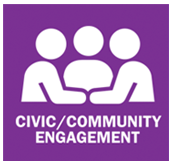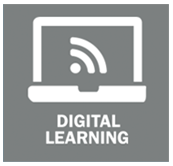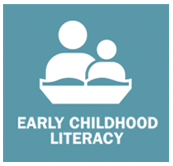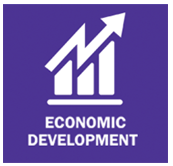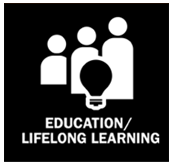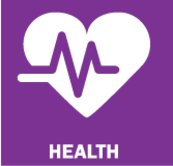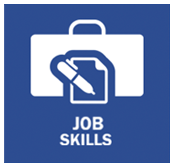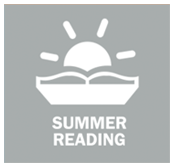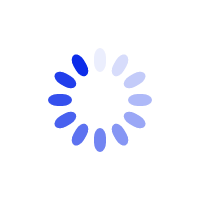Sunset of Project Outcome for Public Libraries
The Project Outcome for Public Libraries online platform for collecting and storing survey responses will be sunset in August 2025. If desired, libraries have until 31 July 2025 to download their data. Visit the Sunset FAQs for more information.
- If your library plans to continue survey-based outcome measurement, use the Accessing Raw Survey Data tutorial to review how to download your patrons' individual survey responses.
- If your library just needs a summary of the patron feedback you've collected, use the Building a Custom Report and Interpreting Summary Reports tutorials to create custom summary reports for archiving.
- Only one user per public library is needed to download data or create reports. It is not necessary for every registered staff member to retrieve the data from the surveys they created.


